
All categories
Featured selections
Trade Assurance
Buyer Central
Help Center
Get the app
Become a supplier

(141 products available)


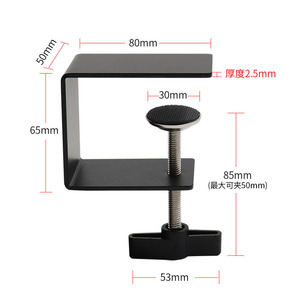




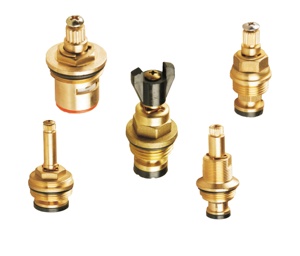
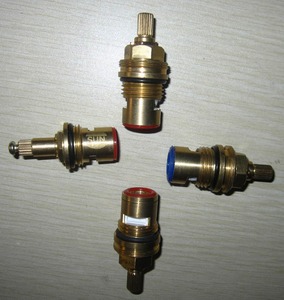


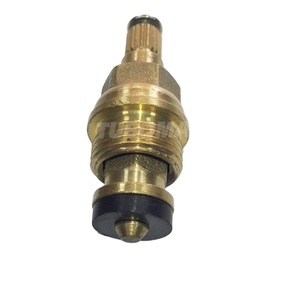











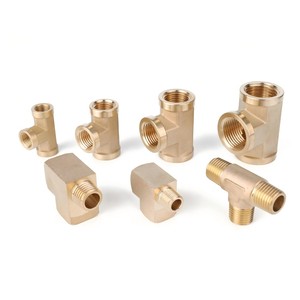
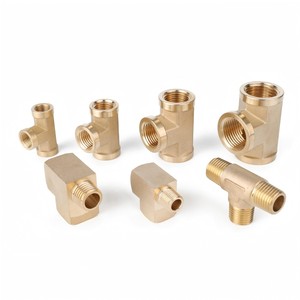






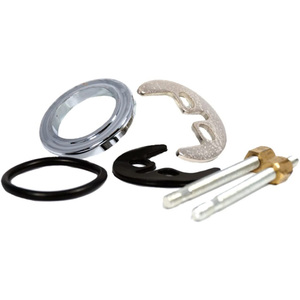


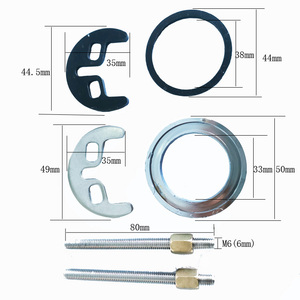
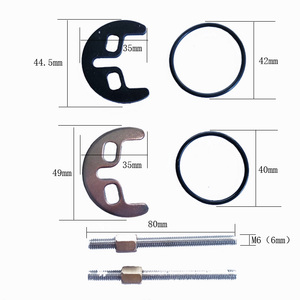
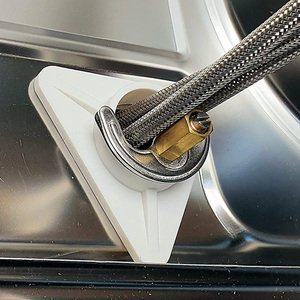






tap fixing kit are essential components in the world of machining, serving critical roles in creating precise threads on various materials. These tools are indispensable in industries ranging from automotive to aerospace, ensuring that screws, bolts, and other fasteners fit perfectly into their counterparts. tap fixing kit are typically made from high-speed steel or carbon steel, offering durability and precision. They are designed to cut or form threads on the interior or exterior of a workpiece, providing a secure fit for fastening components. As technology advances, tap fixing kit continue to evolve, offering improved efficiency and precision in machining processes.
The variety of tap fixing kit available caters to different threading needs and applications. Taps are generally categorized into three types: taper, plug, and bottoming taps. Taper taps have a gradual taper to ease the cutting process and are often used to start threading. Plug taps are used for threading through holes and have fewer tapered threads. Bottoming taps are designed for threading blind holes, allowing threads to be cut close to the bottom of a hole. Dies, on the other hand, are primarily used for external threading and are available as adjustable or solid dies. Adjustable dies allow for minor thread size adjustments, making them versatile for various applications. Each type of tap fixing kit is engineered to meet specific threading requirements, ensuring optimal performance in its intended application.
tap fixing kit offer a range of functionalities that are crucial in the machining process. The primary function is to cut or form threads, enabling the secure assembly of components. Features such as spiral point taps, spiral flute taps, and thread-forming taps enhance performance. Spiral point taps, also known as "gun taps," efficiently push chips ahead of the cutting action, making them ideal for through-hole applications. Spiral flute taps are designed to pull chips back out of the hole, making them suitable for blind holes. Thread-forming taps, unlike cutting taps, displace material to form threads, providing stronger threads without generating chips. These features make tap fixing kit versatile tools in manufacturing and repair tasks.
The production of tap fixing kit involves the use of robust materials to withstand the demands of threading applications. High-speed steel (HSS) is commonly used due to its ability to maintain hardness at high temperatures, making it suitable for cutting hard materials. Carbon steel is another material used for tap fixing kit, offering a cost-effective option for threading softer materials. Some tap fixing kit are coated with materials such as titanium nitride (TiN) or titanium carbonitride (TiCN) to enhance wear resistance and extend tool life. The choice of material impacts the tool's performance, durability, and suitability for specific applications, allowing manufacturers to tailor tap fixing kit for diverse industrial needs.
Using tap fixing kit effectively requires understanding the threading process and selecting the appropriate tool for the task. For optimal use, ensure that the workpiece is securely clamped and aligned to prevent misalignment during threading. Lubrication is crucial to reduce friction and heat, prolonging the tool's life and ensuring clean threads. When using taps, start with a taper tap to establish the thread and then proceed with a plug or bottoming tap as needed. For dies, ensure the die is properly aligned with the workpiece to prevent cross-threading. Regular maintenance, such as cleaning and sharpening, is essential to maintain the performance and longevity of tap fixing kit. Proper disposal and recycling practices should be followed to minimize environmental impact.
When selecting tap fixing kit for your machining needs, several factors must be considered to ensure optimal performance and longevity. First, evaluate the material of the workpiece, as this will influence the type of tap fixing kit required. High-speed steel is generally suitable for harder materials, while carbon steel might suffice for softer ones. Additionally, consider the thread size and pitch required for your specific application, as tap fixing kit come in various sizes to accommodate different threading needs. The choice between spiral point, spiral flute, or thread-forming taps is also crucial, depending on whether you are threading through holes or blind holes. Understanding these aspects will help in selecting the most appropriate tap fixing kit for your project.
Another critical consideration is the coating of the tap fixing kit. Coatings such as titanium nitride (TiN) or titanium carbonitride (TiCN) can significantly enhance wear resistance and extend the tool's lifespan. These coatings are particularly beneficial when working with abrasive materials or in high-speed applications. It's essential to match the coating to the specific demands of your machining process to maximize efficiency and tool life. Furthermore, the choice between adjustable and solid dies should be made based on the need for flexibility in thread size adjustments. Adjustable dies offer versatility, whereas solid dies provide stability and precision for consistent threading.
To prolong the life of tap fixing kit, regular maintenance is key. Clean them thoroughly after each use to remove any debris or metal shavings that could cause wear. Lubrication during use is also crucial to reduce friction and heat, which can degrade the tool. Additionally, store tap fixing kit in a dry, secure location to prevent corrosion and physical damage.
A taper tap has a gradual taper, making it easier to start threading and is typically used for initial thread cutting. A plug tap, on the other hand, has fewer tapered threads and is used to continue threading through holes. Both types of tap fixing kit serve distinct purposes and are often used sequentially to achieve the desired thread depth and quality.
While tap fixing kit can be used on a wide range of materials, it's important to choose the right material and coating for the specific workpiece. High-speed steel is ideal for harder materials, while carbon steel is better suited for softer ones. Coated tap fixing kit can handle more abrasive materials effectively. Always ensure compatibility with the material to achieve the best results.
Coatings on tap fixing kit enhance their performance by increasing wear resistance and reducing friction. This not only extends the tool's lifespan but also improves the quality of the threads produced. Coatings like TiN and TiCN are particularly beneficial in high-speed and high-temperature applications, where uncoated tools might wear out quickly.
To avoid cross-threading with tap fixing kit, ensure that the die is correctly aligned with the workpiece before beginning the threading process. Starting the threading at a right angle and applying consistent pressure can help maintain alignment. Using a guide or jig can also be beneficial in keeping the die steady and aligned, preventing cross-threading.